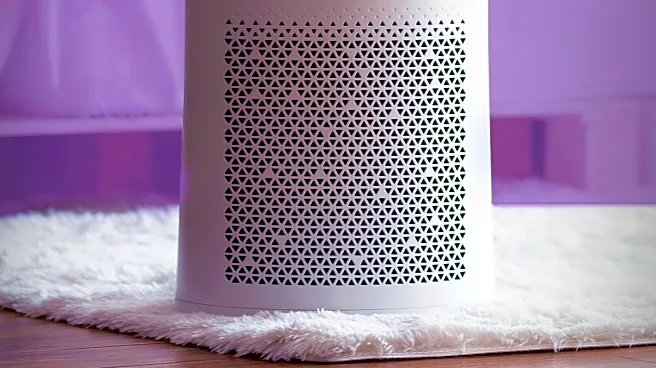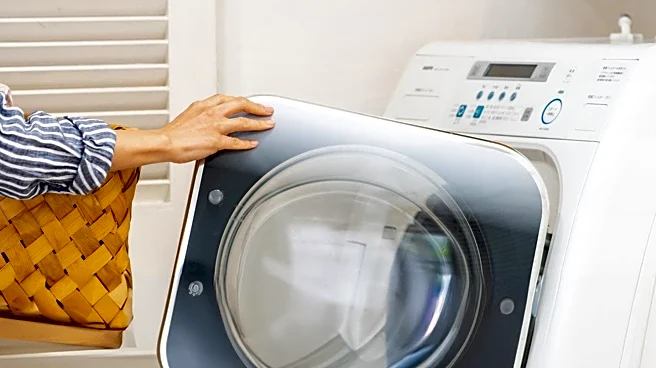What is the story about?
What's Happening?
Researchers from Tufts University and other institutions conducted a study involving 154 adults living near highways, who did not have any known heart disease. The study aimed to assess the impact of HEPA air purifiers on blood pressure. Participants were randomly assigned to use either a real HEPA air purifier or a sham purifier for one month. Following a month-long break without any purifier, they switched to the opposite machine for another month. The study found that using real HEPA air purifiers led to a reduction in blood pressure among the participants.
Why It's Important?
The findings of this study are significant as they suggest a simple and non-invasive method to potentially lower blood pressure, particularly for individuals living in areas with high air pollution. High blood pressure is a major risk factor for heart disease and stroke, which are leading causes of death in the United States. By demonstrating the health benefits of HEPA air purifiers, the study could influence public health recommendations and encourage the use of air purifiers in homes, especially in polluted areas. This could lead to improved cardiovascular health outcomes for many Americans.
What's Next?
Further research may be conducted to explore the long-term effects of using HEPA air purifiers on blood pressure and overall cardiovascular health. Public health officials and policymakers might consider promoting the use of air purifiers in urban planning and residential guidelines. Additionally, manufacturers of air purifiers could see increased demand for their products, potentially leading to innovations and improvements in air purification technology.
Beyond the Headlines
The study highlights the broader implications of environmental factors on health, emphasizing the need for cleaner air and better urban planning to reduce pollution exposure. It also raises ethical considerations regarding access to health-improving technologies, as not all individuals may afford air purifiers. This could lead to discussions on subsidizing such devices for low-income households.















